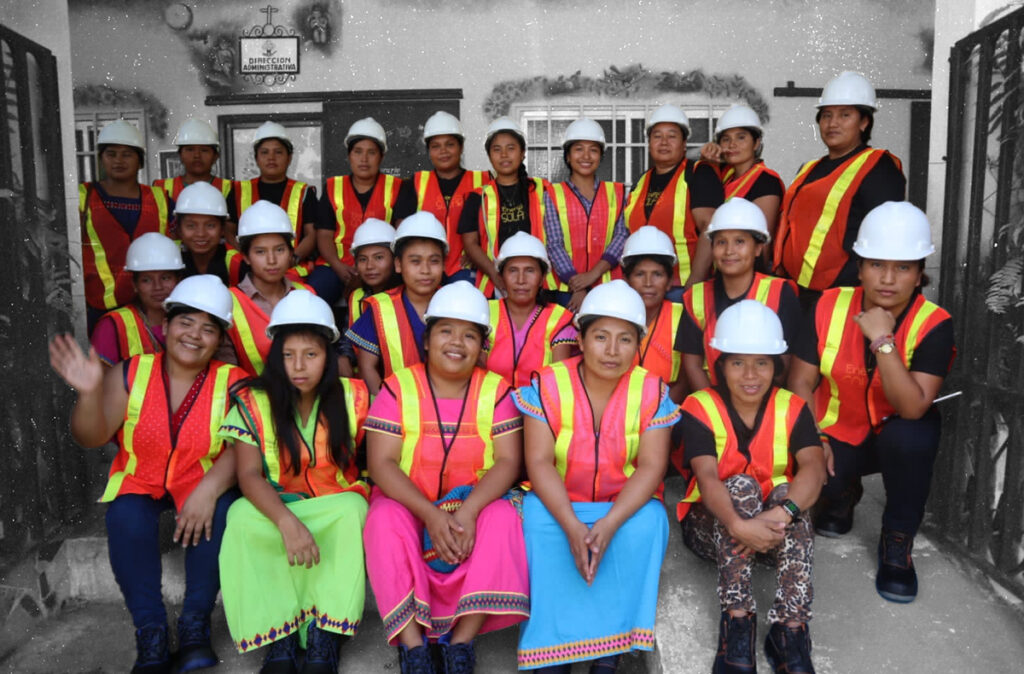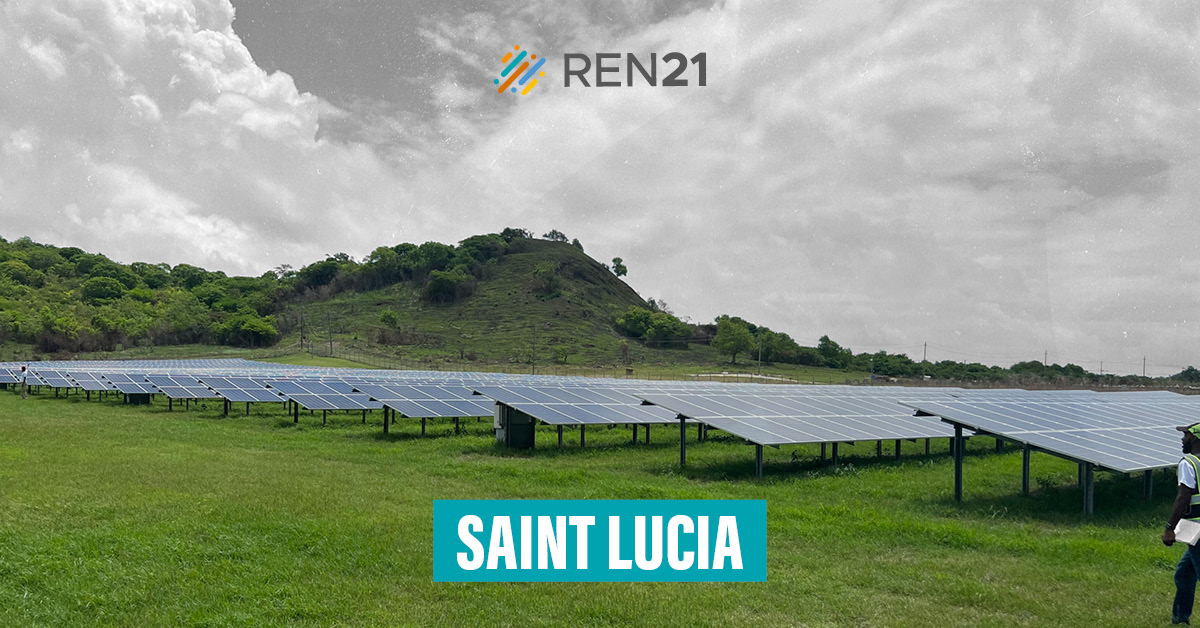In 2021, Panama’s Deputy Energy Secretary, Rosilena Lindo, launched Solar Champions, a groundbreaking programme that empowers women from remote Indigenous communities to bring renewable energy to their regions. The initiative trains women to install solar technology and helps them become entrepreneurs in the renewable energy sector. Since its inception, 85 women have been trained, with many establishing their own solar installation businesses.
Bringing electricity to off-grid communities
Before Solar Champions, communities in the Indigenous Territory of Comarca Gnäbe Buglé struggled with limited access to electricity, affecting education, healthcare, and employment opportunities. Women spent hours gathering firewood and searching for places to charge their phones. The program, part of Panama’s Women and Energy Nexus roadmap, was developed through consultations with 300 women from the region to address these challenges.
By providing women with the skills to install solar panels and start businesses in their own communities, Solar Champions has improved living conditions, created job opportunities, and contributed to better education and healthcare in Indigenous communities.
Lilibeth Jimenez, who enrolled in the programme despite a three-hour boat journey to the training site, describes a life-changing experience:
“This experience helped me grow personally and develop my skills. I wouldn’t change it for anything. We learned how to install different systems, electric grids, batteries, distribution panels and more.”
Jimenez said the experience was particularly rewarding because it allowed her to install a solar photovoltaic kit in her mother’s house, which she also uses as a small store to sell food.
“It changed my family’s life. We can now charge our phones, and even offer this service to customers and people around. I was able to connect different parts of the house to electricity: the kitchen, the store, the backyard, and my mother’s room,” said Jimenez
“It fills mewith pride to provide my mother with more safety, knowing that she doesn’t have to move around the house with just one lightbulb anymore. This is something my mother always dreamed of, and we know that this kit will last a very long time,” Jimenez added.

Empowering women through cross-sector and international collaboration
To implement this visionary programme, Rosilena Lindo fostered extensive collaboration between government, the private sector and cooperation organisations and created a comprehensive support system and enabling environment for the women. This collaboration unlocked additional support, from health care for pregnant participants to seed funding for new entrepreneurs.
“Partnering with the Ministry of Health was particularly important because during the three-year programme implementation, nine pregnant women needed special care and two new Solar Champions were born,” said Lindo.
Beyond providing skills and energy access, Lindo aimed to build the leadership capabilities of the women of Comarca Gnäbe Buglé.
“We wanted these women to be leaders in their regions and to be perceived as leaders by their communities,” Lindo said.
The program’s success also led to policy changes, increasing the representation of women in Panama’s renewable energy workforce, from 34% to 36%.
For many of these women, it was daunting to receive funding, as it was the first time they handled large amounts of money. They required significant psychological support to build confidence, complete the programme and implement the knowledge acquired. To Lindo this support was a major factor in the success of the programme.
“The first year was hard because the ladies were very nervous, they didn’t want to fail. So, we created a WhatsApp group to support them and say ‘you can do this’,” Lindo added.
The programme also had to manage the cultural sensitivities of Panama’s Indigenous communities. One of the women reported domestic violence because her husband didn’t approve of her participation in the process.
“It’s very sensitive because we are influencing their culture, which is different from the rest in Panama,” explained Lindo. “From the perspective of this participant’s partner, she was disrespecting him and his role. But we explained that this is for the benefit of the whole family and an opportunity for both partners, which reduced the tensions, and the participant was able to continue the training.”
Similarly, Lindo continued supporting the alumni of the programme by pooling all resources, funding and equipment to provide continuous job opportunities for the women. The programme achieved transformative change for the women, improving their socio-economic conditions.
“When you see their before and after pictures, you see that their faces have changed, their families have changed. That for me meant that we are supporting a better quality of life,” Lindo said.
Solar Champions demonstrates the transformative power of inclusive energy policies, empowering women to be leaders in their communities and playing a critical role in Panama’s clean energy transition. Through Solar Champions, these women are lighting the path toward a more sustainable future for themselves and their families.











